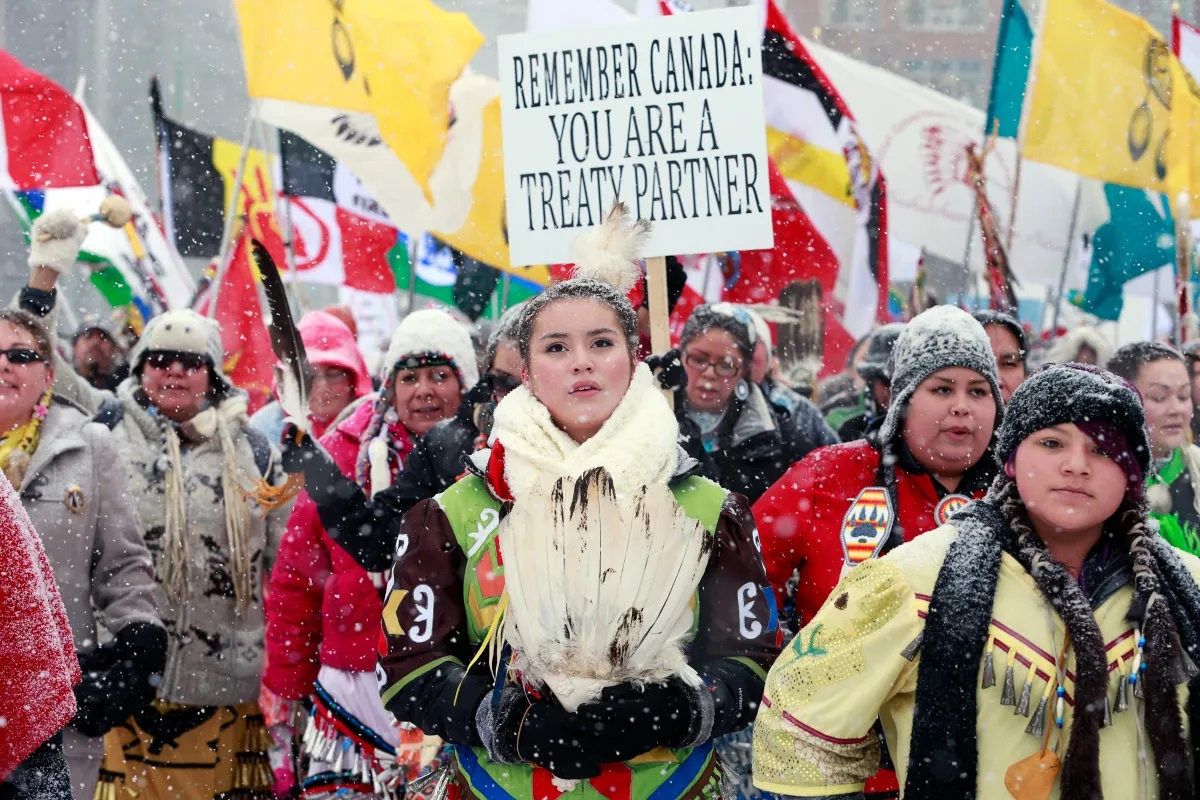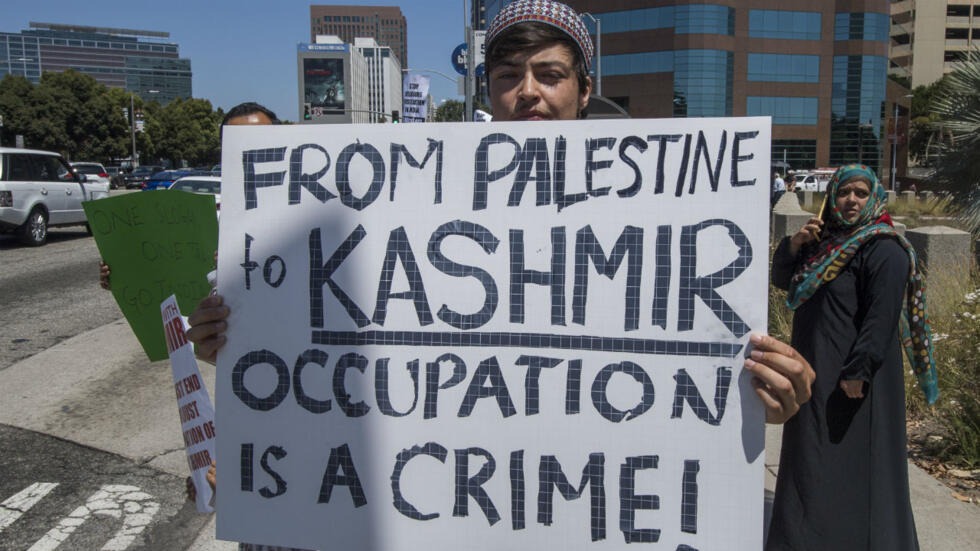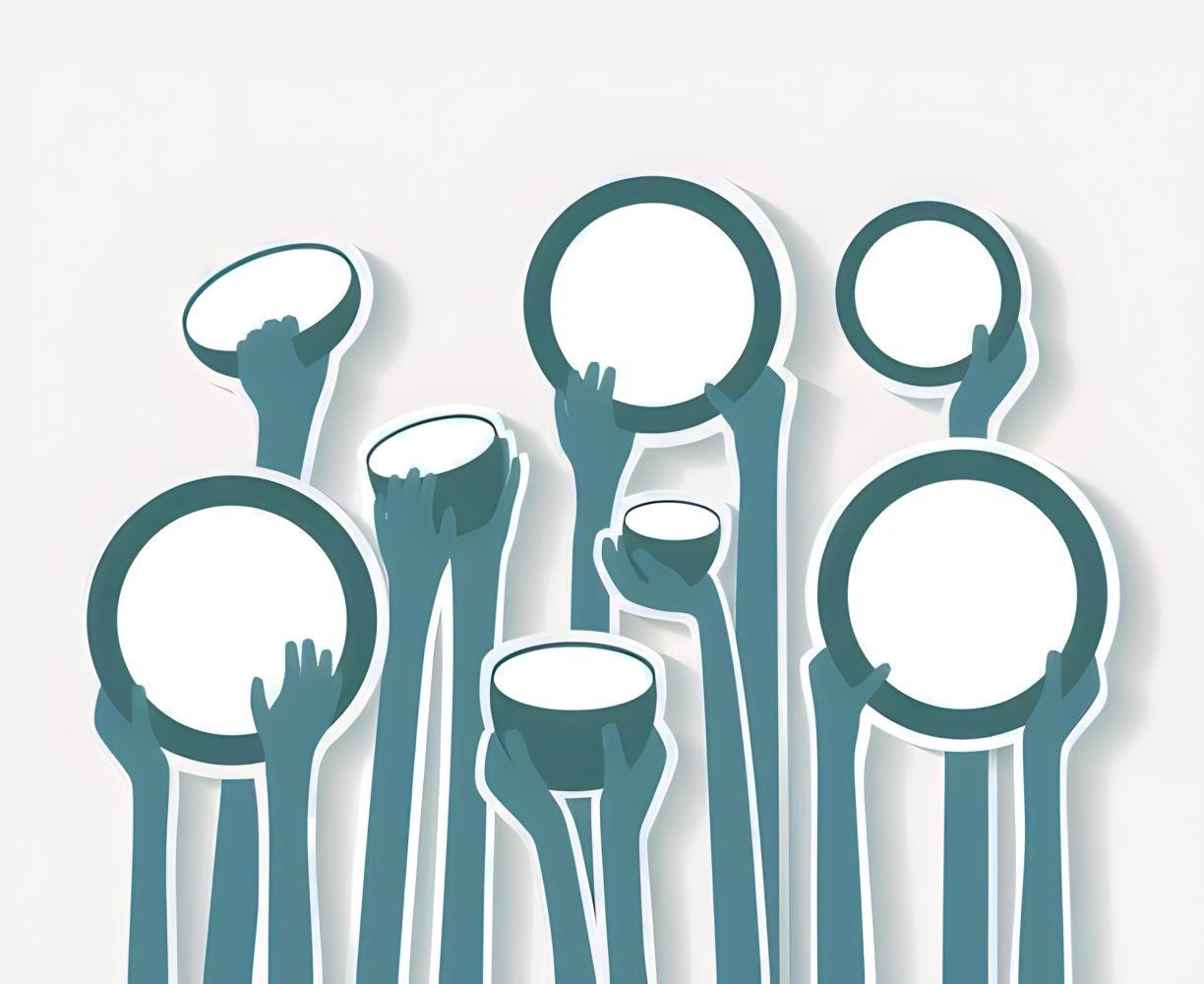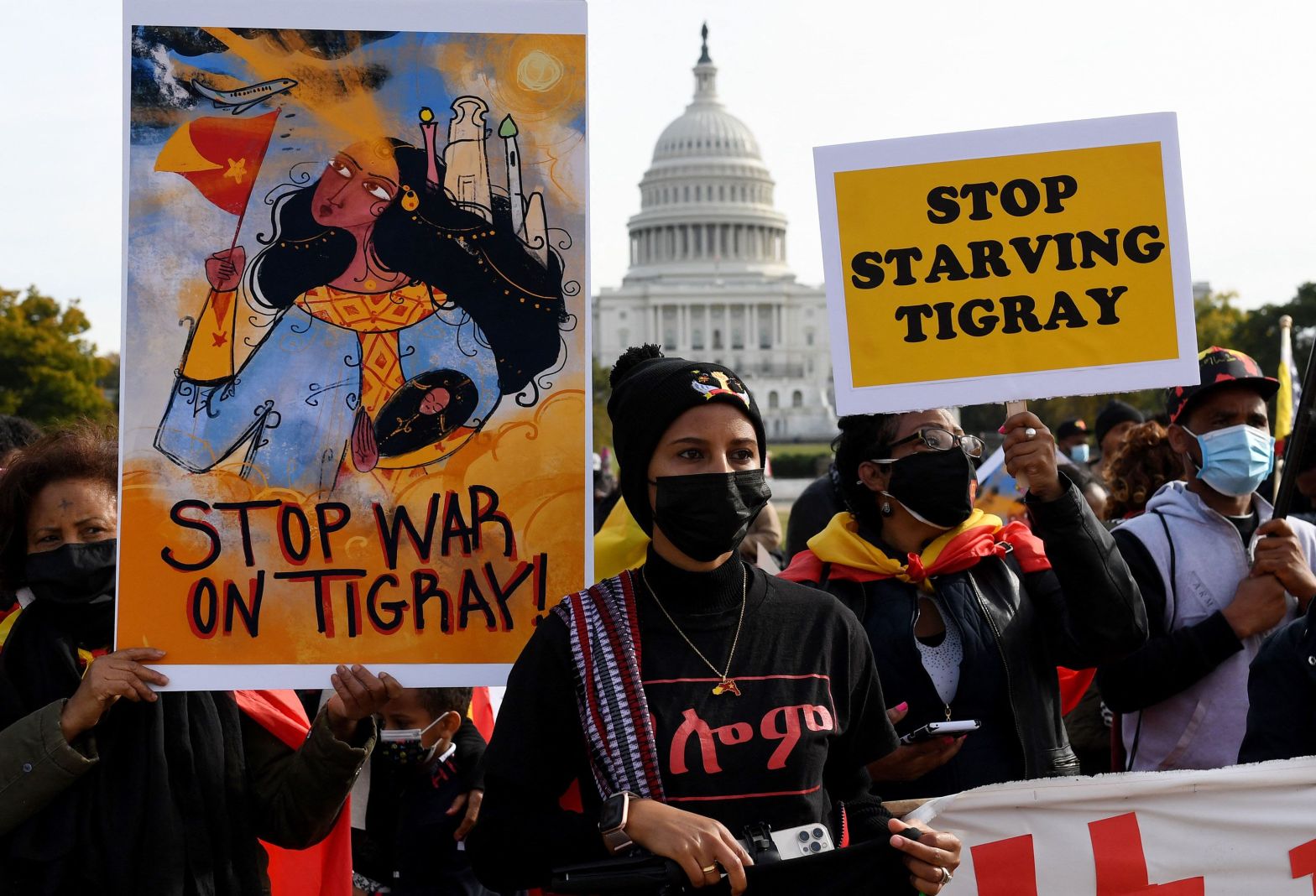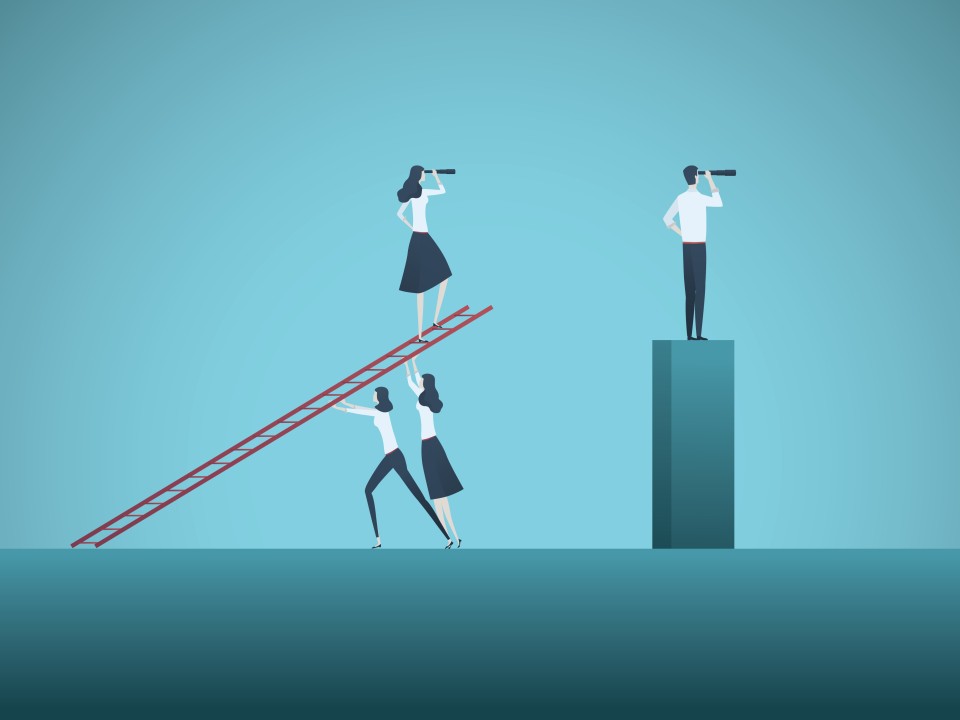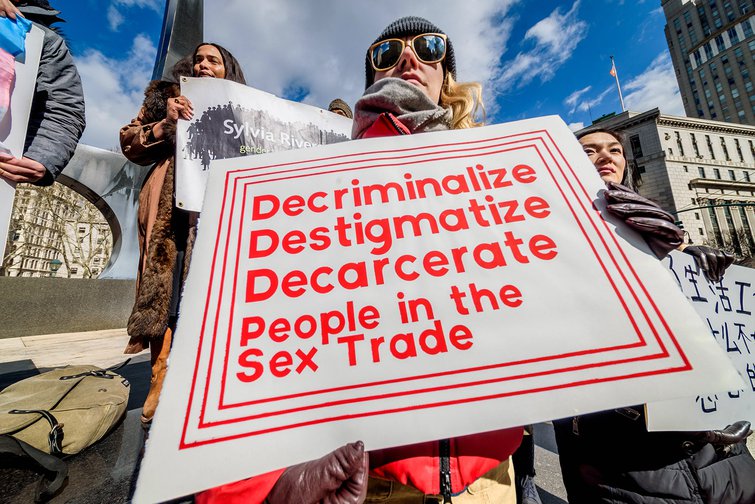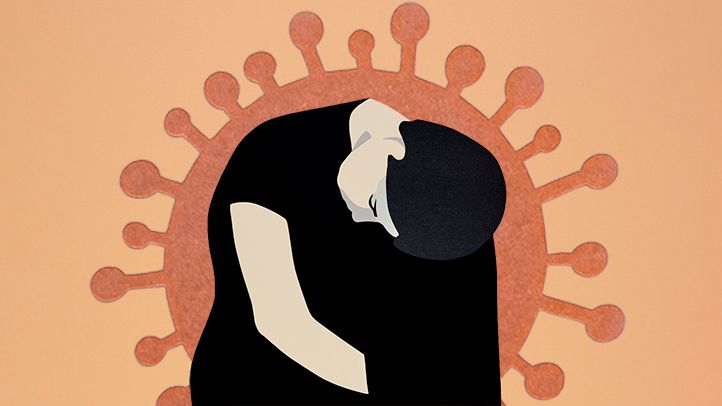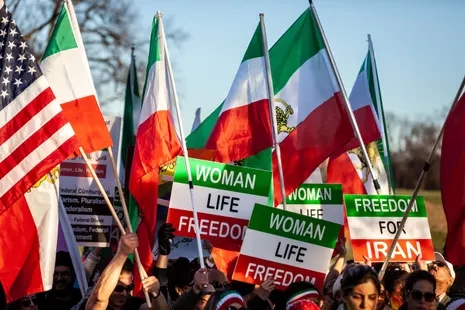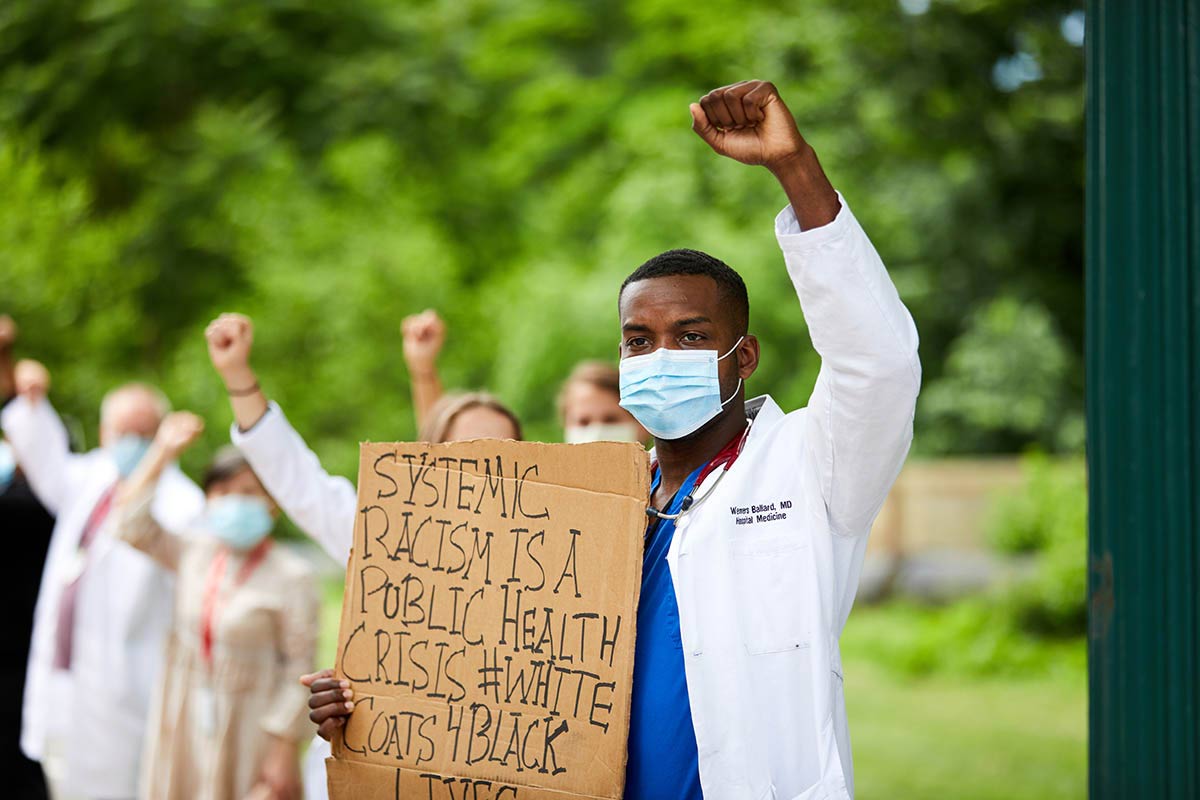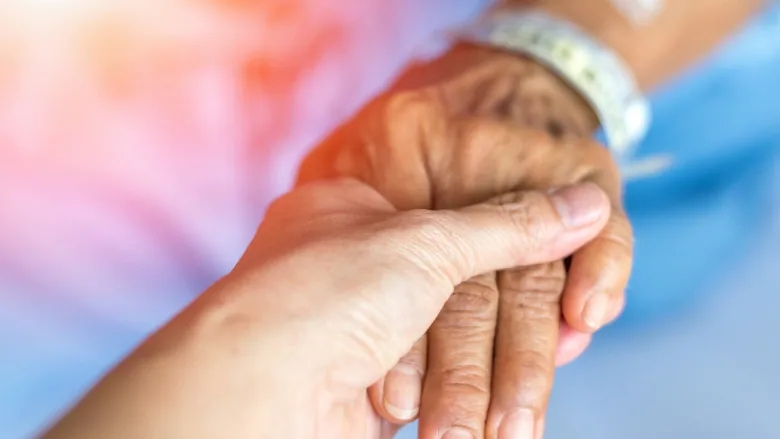“That hand is not the color of yours, but if I prick it, the blood will flow, and I shall feel pain. The blood is of the same color as yours. God made me, and I am a Man.” – Ponca Chief, Standing Bear In Canada, the Indigenous community faces ongoing challenges of discrimination andContinue reading “Structural Racism against Indigenous People in Canadian Law Enforcement”
Author Archives: caunicef
Kashmir and Palestine: A Tale of Two Occupied Lands
“India and Israel are changing our world, and maybe changing parts of the world,” was a statement said by Israeli Prime Minister, Benjamin Netanyahu. Local Kashmiris have been seeing just this- change, but for the worse, since the election of India’s Right-Wing, Bharatiya Janata Party (BJP). From increased military encroachment, to internet blackouts and disappearanceContinue reading “Kashmir and Palestine: A Tale of Two Occupied Lands”
Addressing the Silent Crisis: Battling Childhood Malnutrition in the Philippines
The World Health Organization (WHO) defines malnourishment as a deficiency, or excess in nutrient intake. Malnourishment can manifest in different forms, including undernutrition, overnutrition, and micronutrient deficiencies (World Health Organization, “Malnutrition”). Undernutrition refers to nutrient deficiency and remains a significant concern among children in the Philippines. Children from poor families often struggle to access foodContinue reading “Addressing the Silent Crisis: Battling Childhood Malnutrition in the Philippines”
The Impacts of War on Civilians: A Case Study on Tigray
TW: This article contains information that circles around sexual violence and war crimes including starvation and killing “The biggest road block to action on genocide and other human rights crimes is ignorance. Most people just don’t know that such things are happening, and often, if they have a vague idea they are happening, there isContinue reading “The Impacts of War on Civilians: A Case Study on Tigray”
On Gender: The Route to Equality in a Unipolar World
In over 300 thousand years, science and technology have progressed at a rate that stands to define itself. However, the topic of gender equality still raises the question of whether, as a society, we have moved at all. Legalities in most countries would argue for the same judgment and treatment of both sexes, but realityContinue reading “On Gender: The Route to Equality in a Unipolar World”
Why Sex Work Should be Decriminalized in Canada
Sex work is widely considered to be both one of the oldest professions in human history, as well as one of the most stigmatized. Fundamentally, sex work can be defined as “the consensual exchange of sexual services between adults for money or goods” (CPHA, 2014). Though the sale of sex was decriminalized in Canada in 2014 through the introduction of the Protection of Communities and Exploited Persons Act (PCEPA), paying for these services remains a criminal offence. This act has been contentious, superficially addressing concerns about the criminalization of sex workers while failing to validate the sex trade as a legitimate labour market. As such, sex workers face severe challenges regarding their safety, working conditions, and health.
Combatting The Psychological Impact of COVID-19
As one of the most devastating global health crises in decades, the COVID-19 pandemic completely ravaged economic systems, societal structures, and thousands of livelihoods.[1] While the world appeared to be falling apart, many began to struggle with their mental health, as the isolation, instability, and chaos were starting to take their toll. Tragically, the pandemic exacerbated the challenges that individuals faced with their mental health by increasing the prevalence of anxiety, depression, and suicidal thoughts and behaviours. Although the degree of these struggles varies from person to person, a few similarities have emerged.
Forty Three Years and 120,000 Lives Later
“In February of 1979 Tehran was in chaos”. Says my grandmother, who lived during the Islamic revolution. Months ago when we spoke, she was unsure of how long the protests would last. She said: “we’re far from a revolution, people will get scared away”. She was hopeless then, but in our most recent conversation she said proudly, “Iran is in chaos. This is a revolution”.
Racism in Healthcare
All Canadians have the right to access healthcare. Discriminatory treatments, however, make it difficult for minority groups such as Black, Indigenous, and people of colour to exercise this right.
How Canada’s MAiD Laws Leaves Vulnerable Individuals Open to Abuse
On June 17, 2016, a hallmark decision regarding Canadian health policy was made. Bill C-14 was passed, legalizing medically assisted suicide and voluntary euthanasia in Canada in the form of MAiD (Medical Assistance in Dying). For many Canadians who lived with terminal illnesses, as well as loved ones who had been a witness to their pain, this was a moment to rejoice and celebrate. While this was a definite step forward for Canada, recent implications regarding the use of this policy have been deemed problematic by critics, as an increasing number of people are turning to assisted suicide as a method of liberation from poverty or other social injustices. Stronger social safety nets and more well-developed policies regarding the uses of MAiD are needed to curb this disturbing trend. As Canadians, we need to ensure that not only do we have the right to die with dignity, but to live in dignity as well.
